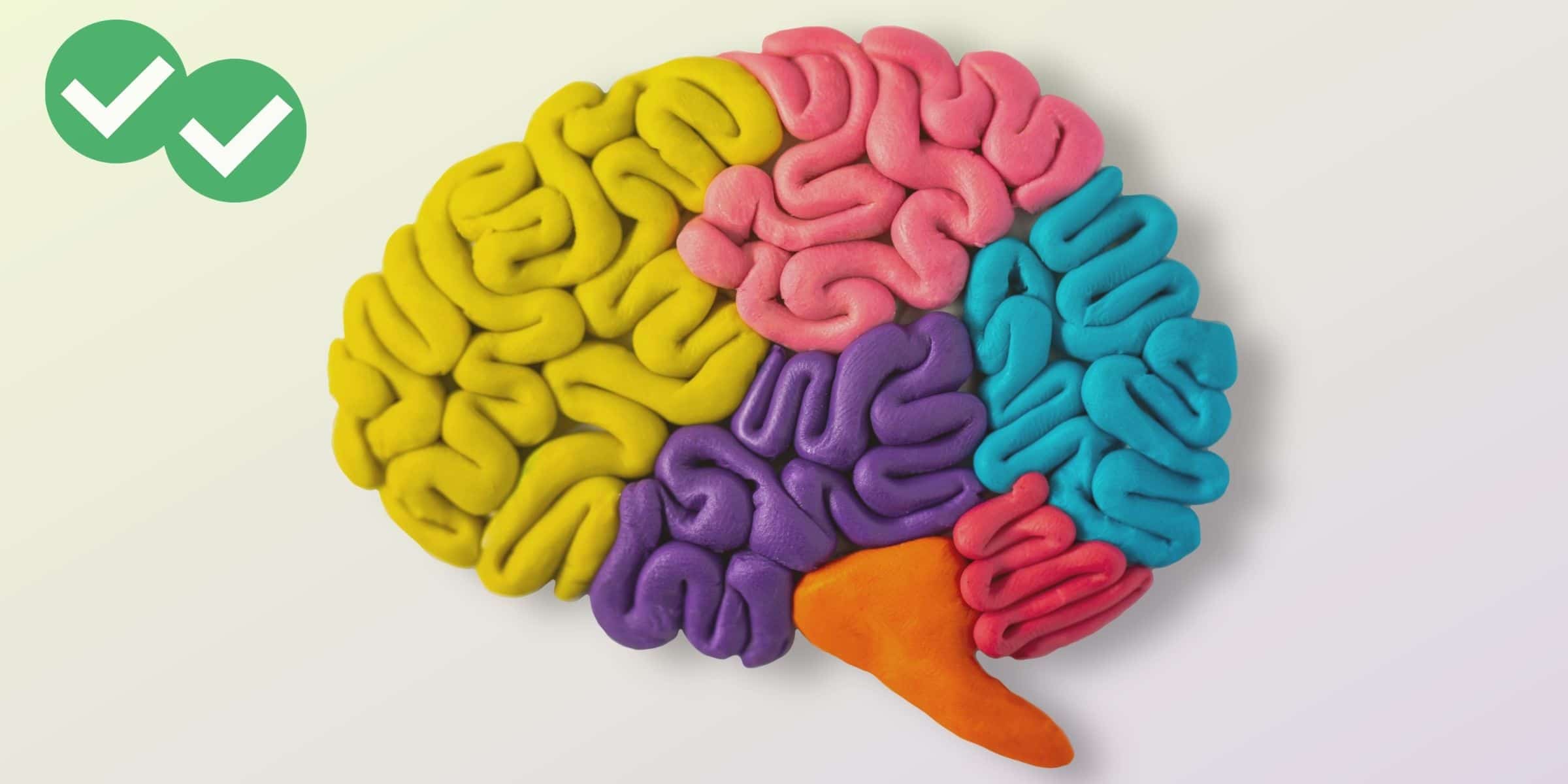Learning vocabulary is one of the most basic parts of studying English, so getting good vocabulary is massively important. But there are a range of different types of vocabulary, depending on your needs. For the TOEFL specifically, academic vocabulary is helpful, as is common conversational vocabulary. There are many resources that are bad for building that type of vocabulary, but here I want to discuss the resources that students use because they seem helpful even if they are not. There’s no point in saying that Shakespeare is bad for TOEFL vocabulary, because you already know that—his writing is too old. I want to instead point out resources that people use and don’t know are unhelpful for the TOEFL.
GRE or SAT word lists
If you’re studying for the GRE or you took the old SAT, then you have probably seen word lists for those tests. It might be tempting to use a GRE word list to prepare for the TOEFL. But keep in mind that the two tests have different audiences. The GRE is for native speakers. it tests knowledge of poetic and rare vocabulary that can show the test-taker’s reading experience. On the other hand, the TOEFL is a test of English communication in academic situations. So a word like “trenchant” might be helpful for the GRE, but it is useless for the TOEFL.
If you are studying for the TOEFL, learning from a GRE word list is a waste of time. Most of the words are not relevant for the TOEFL, which has much less advanced vocabulary.
Free Word Lists
These have the same basic problem as the GRE word lists I mentioned above: they often include words that are too difficult for the TOEFL. Because people want to create long word lists, they simply add every rare English word they can find. The site toeflvocabulary.com is a good example. They may have good intentions, but the words in the list are not important for the TOEFL. You don’t need to know what “abash,” “abdicate,” “abet,” or “abrogate” mean—and that’s just from the very beginning of the list!
There are some good free TOEFL vocabulary resources (like Magoosh TOEFL’s flashcards!) but many free resources are unhelpful. Be careful about who you trust!
Popular Movies and TV
I do recommend watching movies and TV in English for general listening improvement. It’s especially helpful if you put on English subtitles so you can read while you listen. But if you focus too much on popular movies and TV, you may hear only casual, conversational English, and you won’t get the academic vocabulary of the TOEFL. A word like “albeit,” for example, is helpful on the TOEFL, but you almost definitely won’t hear in most Hollywood movies. Try watching some documentaries instead! That’s a closer approximation of what you will hear in many TOEFL recordings.






Leave a Reply